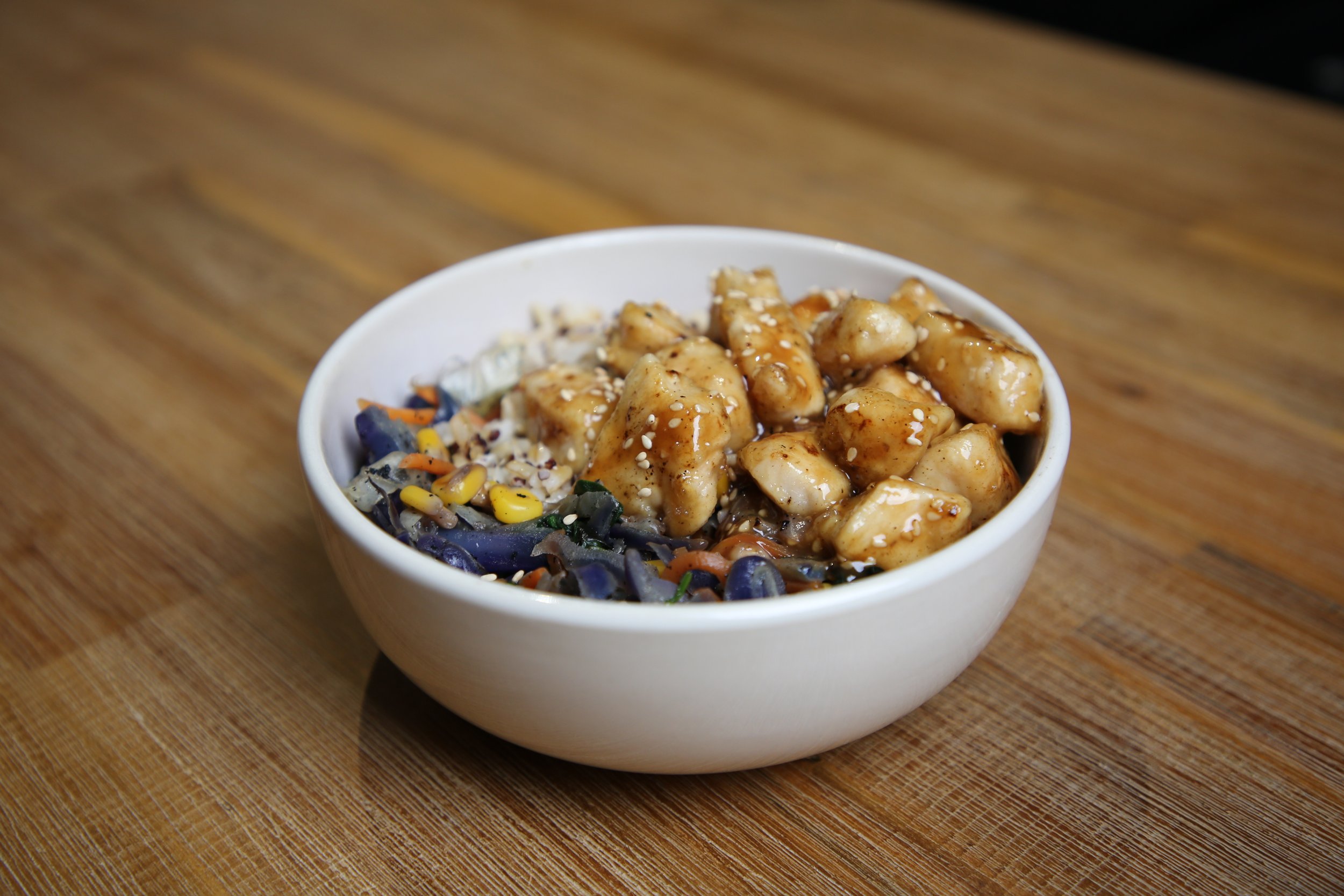Supplements and Ergogenic Aids
What are supplements and ergogenic aids in sports nutrition?
In the realm of sports nutrition, supplements fall into 3 primary categories: sports foods, nutrient supplements and ergogenic aids.
Sports food is specially designed to meet the nutritional needs that enhance athletic performance, encompassing products like sports drinks, gels, and protein powders.
Nutrient supplements, on the other hand, focus on micronutrients like iron and calcium to bolster athletes' health and performance.
Ergogenic aids, unlike essential nutrients, are substances aimed at enhancing performance, often by boosting training capacity and promoting desired adaptations.
What nutrition concerns are there regarding supplement use?
Source: Australian Institute of Sports - https://www.ais.gov.au/nutrition/supplements/athlete-resources
While supplements may seem appealing, a "food-first" approach remains paramount in nutrition. Athletes often unconsciously compromise nutrition for training and turn to supplements when hitting a performance plateau without knowing optimising basal diet prove more effective in boosting performance. Despite the wealth of nutrition information available, individual situations, training experiences, and requirements vary.
Different sports and training types benefit from distinct supplements, each serving a unique purpose. Supplements can pose risks if not used correctly, and some require specific protocols to reap their full benefits. Dietitians can recommend the most suitable supplements and ergogenic aids tailored to your sport, training regimen, and goals. This ensures you invest in effective substances and avoid wasting money on ineffective ones that may also carry health risks.
Read more about risks about supplement here.
Why working with a dietitian?
Dietitians are medically-trained nutrition professionals, and the only professional that is qualified to provide individual dietary consultation at the moment (Click here to read about dietitian and nutritionist). Dietitians are trained to provide medical nutrition therapy and one-to-one personalised dietary advice. We take in consideration of one’s lifestyle, dietary habits, preference and goals to tailor our nutrition strategies.
Sports dietitians are further trained in sports nutrition to provide advice to people at any level of activeness to maintain health and wellbeing while achieving their potentials and goals.
What does working with Timeless Dietetic dietitian look like?
-
You will be invited to fill in a survey before the consults, including your health history, family history, current situation, goals
For elite athletes: You might be asked to provide a training program, body composition assessment (if available) and food diary
-
Discuss and understand your goals, living situation, lifestyle, potential motivators and barriers.
Perform assessment on health indicators, training schedules and goals, usual dietary intake.
Provide professional feedback on your diet, and identify areas that can be improved to help achieve your goal.
Discuss the most relevant nutrition topic that can help with the current situation and those you are interested in.
In collaboration with you, set small but impactful nutrition goals, homework and challenges.
Recommend what else you can do in the future and a recommended review timeframe if you would like to continue.
Provide you with a tailored nutrition information package to takeaway.
-
Review the effectiveness and practicality of previous goals/homework/challenges.
Review and track any progress indicators.
Reassess any changes in health indicators, training and dietary intake.
Discuss the most relevant nutrition topics and those you are interested in.
In collaboration with you, adjust the previous intervention that did not work well or develop a new strategy.
In collaboration with you, develop new strategies to improve your health and progress.
Provide you with a tailored nutrition information package to takeaway.




































